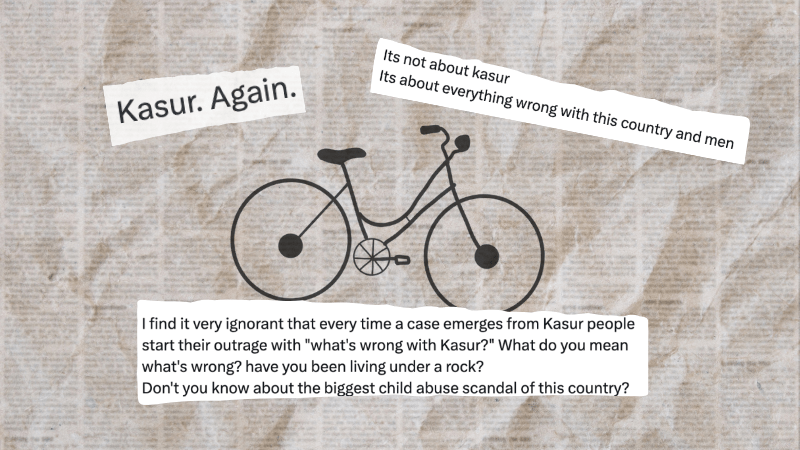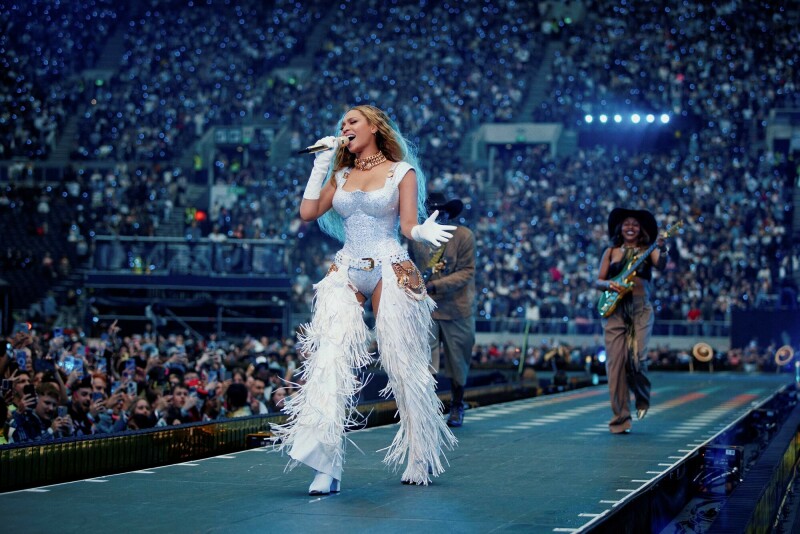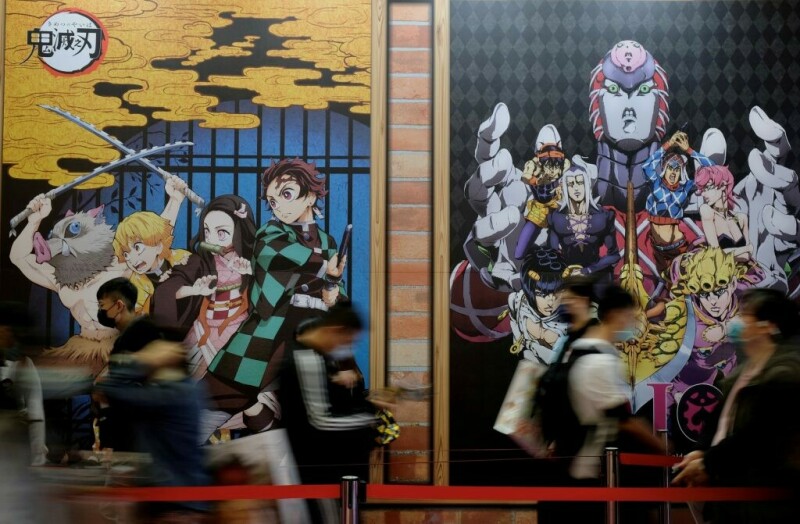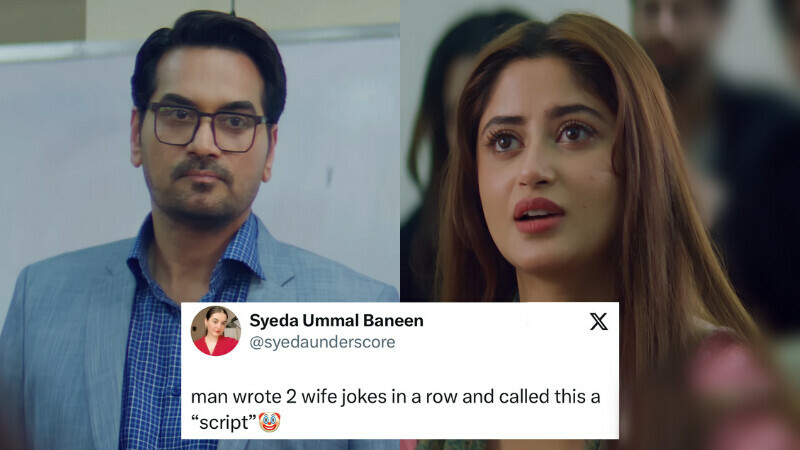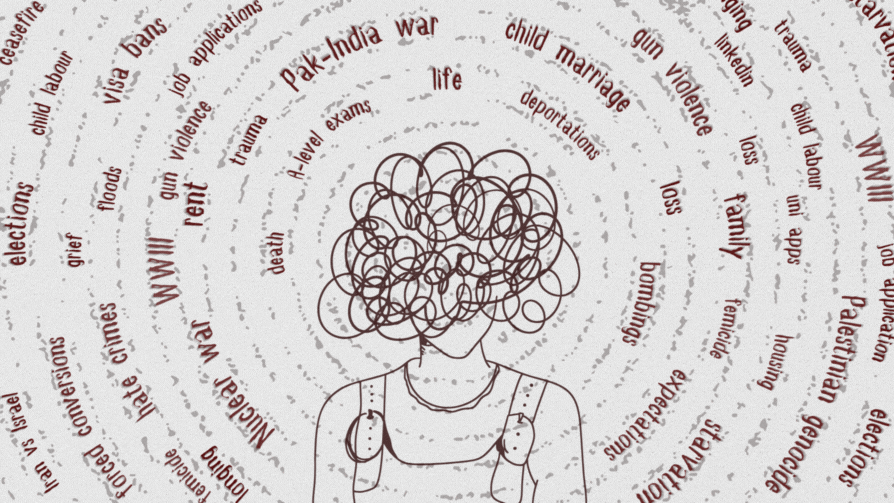Review: You’ll love Huey Tum Ajnabi if you bleed green, you’ll hate it if you bleed red
Marked by a significant military conflict between India and Pakistan during the Bangladesh liberation movement, the Indo-Pak War of 1971 is a hotly debated subject. While some believe the widely taught historical narrative, detractors challenge these facts. Along comes Huey Tum Ajnabi that dares to deal with a subject so sensitive, divisive and traumatic to the history of the Indo-Pak sub-continent. Does it do the subject justice? In this reviewer’s humble opinion, it fails miserably, and here’s why.
The movie shows extreme, unreasonable and nonsensical hate amongst the key groups, with Mukti tigers inflicting violence upon West Pakistanis (without an apparent reason) after forming an alliance with India. Indira Gandhi, perhaps after having a revelation in a dream, decide to support Sheikh Mujibur Rahman, chanting “Bharat Maata Ka Khoon Hogya, Ab Hum Sub Ka Khoon Karega [Bharat has been subjected to bloodshed, now we will kill everyone]” in the movie.

There are little to no depictions of the motives of Bangladeshi liberation tigers for demanding a new land — they just inflict violence upon others for the sake of it. They are the perpetrators and we are the innocent victims, paying the price for being Pakistani. They are portrayed as rapists, abusers, and whatnot. In fact, their accents are fake as can be. Take “shaala” — a derivative of an Urdu word, “Do-shaala” [shawl] perhaps? — for example.

Another thing that I found problematic in the movie was unrealistic (read: optimistic) representation of casualties on our side, with our soldiers winning each and every fight. If there was an Oscar for movies that have whitewashed history, Huey Tum Ajnabi would have made a clean sweep!
Dance was an instrumental part of the story. However, there were too many mujra sequences that didn’t make sense. They worked initially but soon lost impact and were relegated to nothing more than a plot device to extend runtime.
The love story angle was extremely appealing but failed to fully spare the movie from its misplaced fate. That said, the movie deserves credit for its honest portrayal of intimacy between the lead protagonists. For the first time perhaps, we saw husband and wife coming close to each other, instead of just holding hands and magically producing a baby in the next episode.

Starring Mikaal Zulfiqar, Sadia Khan, Ayesha Omar, Samina Peerzada, Shamoon Abbasi, Sohail Ahmed, and Mehmood Aslam, among others, the movie features brilliant cinematography and intricacies of the evolving landscape of Pakistani cinema. The portrayal of miniature paintings, the sequence of marine ships and jet planes, and the interaction between Zulfikar Ali Bhutto and Bangladeshi leader Sheikh Mujibur Rahman were pretty well done! However, juxtaposing historical scenes with romantic scenes wasn’t rightfully done. It felt like these are two separate movies, forcefully tied together to pull in the masses.
Some dialogues also seemed irrelevant. For instance, “Tum mujhe maasi kehti ho na, Maasi ka matlab hota hai, Maa jaisi [You call me Maasi (your mother’s sister), that means I’m like your mother]”. Isn’t it a pretty well known fact that Maasi means so for avid consumers of Indian content, who are already familiar with the word, and its implications?
Directed by well-known journalist Kamran Shahid, the movie showed some limitations in storytelling but brilliance in CGI. A decent 2/5.






